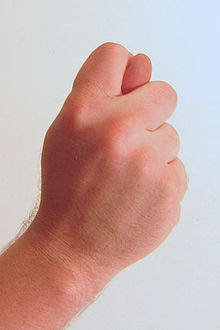The Nose by Nikolai Gogol, like Kafka’s Metamorphosis, is a bizarre story that, for me, was uncomfortable to read. While Metamorphosis was a metaphor for the randomness of life, The Nose was a satirical look at Gogol’s society. Immediately, I was annoyed at Ivan’s wife for her groundless hostility; while there may have been a backstory to her disdain for her husband that was not mentioned, her mean spirit seems unnecessary. This may be an allusion to how people in real life change in worse ways, possibly for no specific reason. In the classic example of old married couples, people change as they get older and the “nagging wife” may not have been so when the two were younger.
 The strangeness of the plot certainly throws the reader off at first. Why does it appear in a roll of bread? How is it that no one can recognize a nose running around? How can a nose outsmart everyone around it?
The strangeness of the plot certainly throws the reader off at first. Why does it appear in a roll of bread? How is it that no one can recognize a nose running around? How can a nose outsmart everyone around it?

While much of the play seems like nonsense, small details that allude to characteristics of Russian society could be picked out. The fact that the townspeople are so blind and easily tricked by a nose posing as a person points out the obliviousness of the society in Gogol’s day. This is made especially clear by Gogol’s choosing the nose as the facial feature to run around, as the nose literally sticks out of a face and should be obvious. They are concerned with petty and superficial things, such as status, wealth and looks. Kovalyov can’t even bring himself to take proper control of his nose, initially intimidated by the nose’s apparent rank. The story also focuses on the potential marriage between Kovalyov and Grigorievna’s daughter. He is overly concerned with missing his nose that he doesn’t want anyone to see him without it. When he does get his nose back, he decides again that he is too good to marry the daughter and flaunts his nose in town. Marriages in then-Russian society were clearly not based off love.
While I like the unconventionality of The Nose and Metamorphosis, I felt that The Nose was too abstract for my liking. I would have preferred if the story had more coherence. At least with Metamorphosis, there is Grete’s transformation into a graceful woman at the end, the result of a terrible and random occurrence. Kovalyov simply wakes up one day without his nose and wakes up another day with it. As a reader, I am left wanting more at the end.























